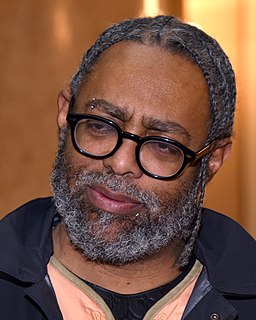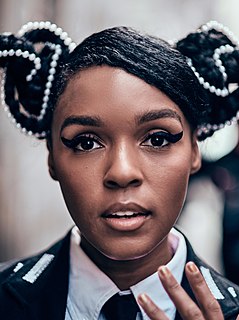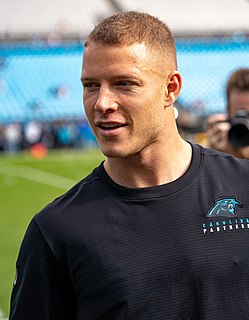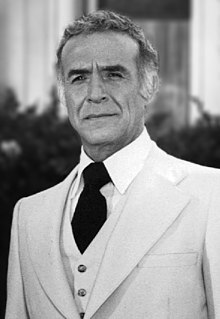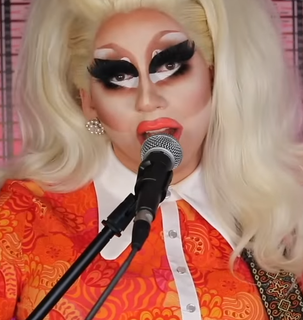A Quote by Arthur Jafa
Related Quotes
Munch writes poetry with color. He has taught himself to see the full potential of color in art His use of color is above all lyrical. He feels color and he reveals his feelings through colors; he does not see them in isolation. He does not just see yellow, red and blue and violet; he sees sorrow and screaming and melancholy and decay.
People approach people of color with preconceived ideas. I don't think this is just restricted to white people, but I think that lots of black and white artists, when race is a subject matter, they put race or the ideology around race first. They don't see the person and the complications of the human being.
When I see a face, I see a face in general and I see you are curious, I see the curiosity but I don't not look after a dermatological report of your cheeks, and that's what you see when you're too high-resolution. And now desperately in post-production, in color grading, they are trying to wipe out the precision of the dermatological report.
I think this mythology - that we're all beyond race, of course our police officers aren't racist, of course our politicians don't mean any harm to people of color - this idea that we're beyond all that (so it must be something else) makes it difficult for young people as well as the grown-ups to be able to see clearly and honestly the truth of what's going on. It makes it difficult to see that the backlash against the Civil Rights Movement manifested itself in the form of mass incarceration, in the form of defunding and devaluing schools serving kids of color and all the rest.
